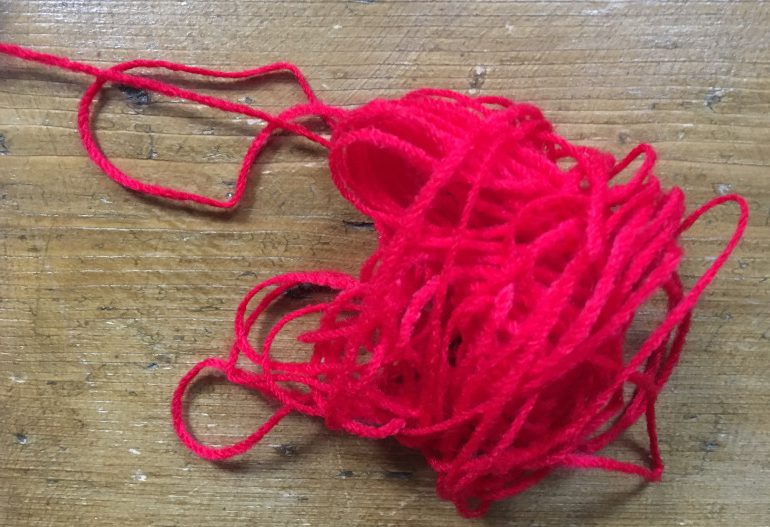 Merry December! As we hurtle towards Christmas, I thought I’d share a festive tale from my collection The Stairs Are a Snowcapped Mountain (available to buy here). It’s about the beginning of a Christmas romance, told from the POV of a rat….
Merry December! As we hurtle towards Christmas, I thought I’d share a festive tale from my collection The Stairs Are a Snowcapped Mountain (available to buy here). It’s about the beginning of a Christmas romance, told from the POV of a rat….
Click Clack Twitch
I watched her emerge through the office’s gleaming glass door and hurry to the bus stop, pulling on her mittens. With a flick of my ear, the electronic sign glitched, showing false news of all buses running late.
She pursed her lips and settled on the tilted plastic seat, drawing her knitting from her bag. Click clack, click clack – the sound made my whiskers twitch.
The harrumphing bus drew up, and she leapt aboard, flustered by the prompt arrival challenging the lying sign.
One glove dropped in her haste. I waited till the bus was gone and then rescued the fallen mitt; swept it in my teeth to my children’s nest beneath the waste storage container.
My three children took to their new bed with squeaks of joy. Tell us again, Mama, tell us again about the princess who lost this glove.
I told them of her beauty and her radiance and how she worked so hard each day inputting data and dreamt-away each journey home knitting scarves and gloves for the love she’d yet to recognise.
While my children three slept snug in their bed, I crept onto a bus – the same bus repeating the route that carried our princess from shining glass door to blue-painted door. Crouching on a windowsill, I watched through the glass as she upended her bag on the floor: yarn, knitting needles and all.
In vain, she searched for the dropped glove that now lined our nest.
Her flatmate entered at that moment. She stood as short as our princess stood tall and was as fair as our princess was dark.
What’s going on? she asked, and our princess sighed and spoke of the mislaid glove.
The flatmate took the princess’s cold hand between both of hers and kissed it.
The princess blinked, startled. But you…? But I…?
But we… the flatmate answered, and both beamed like the stars rising behind me.
I scurried home, glad of a happy beginning to tell my children three.

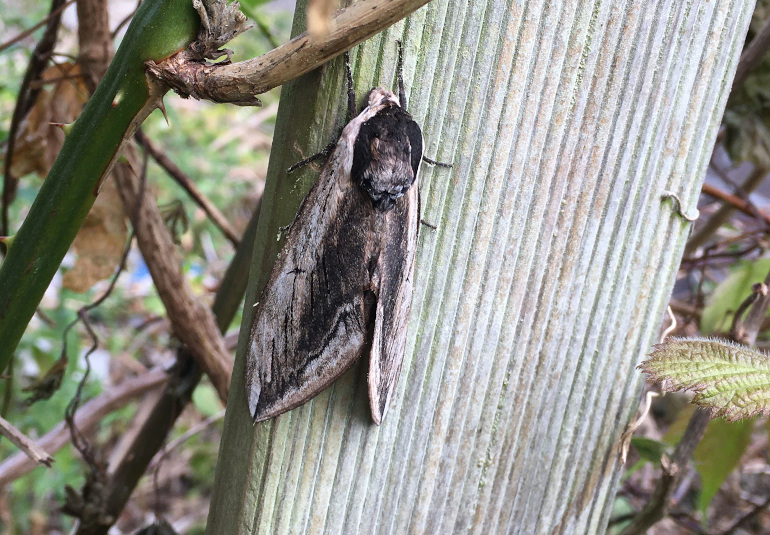
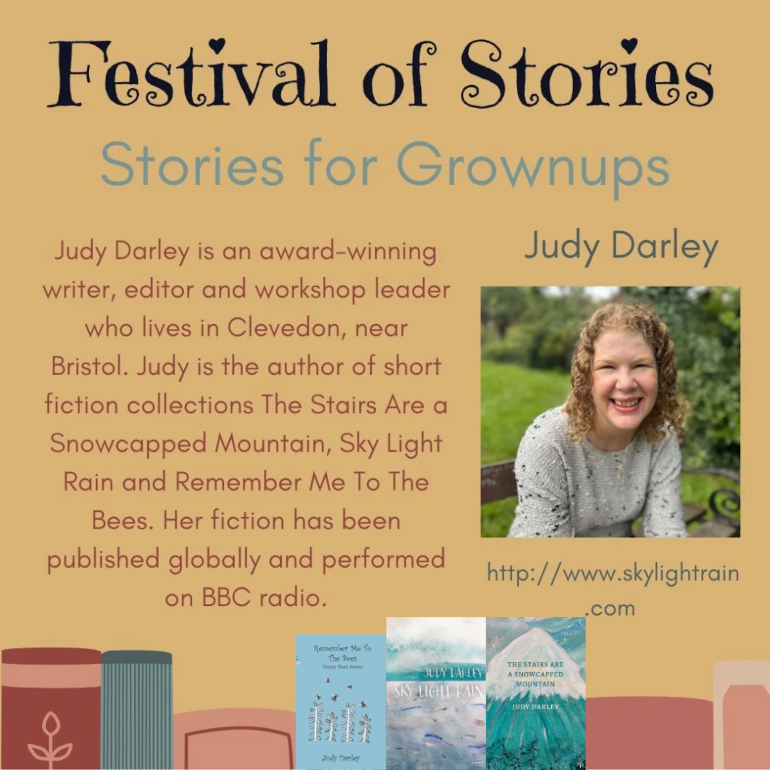 I’m excited to be reading some stories from my short fiction collection ‘
I’m excited to be reading some stories from my short fiction collection ‘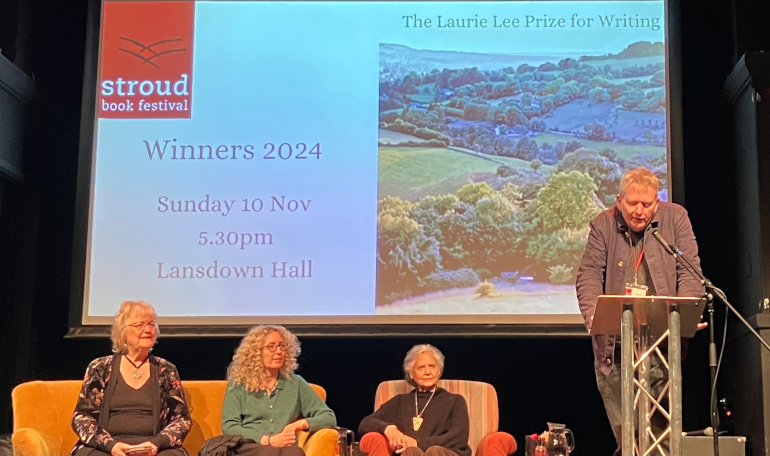
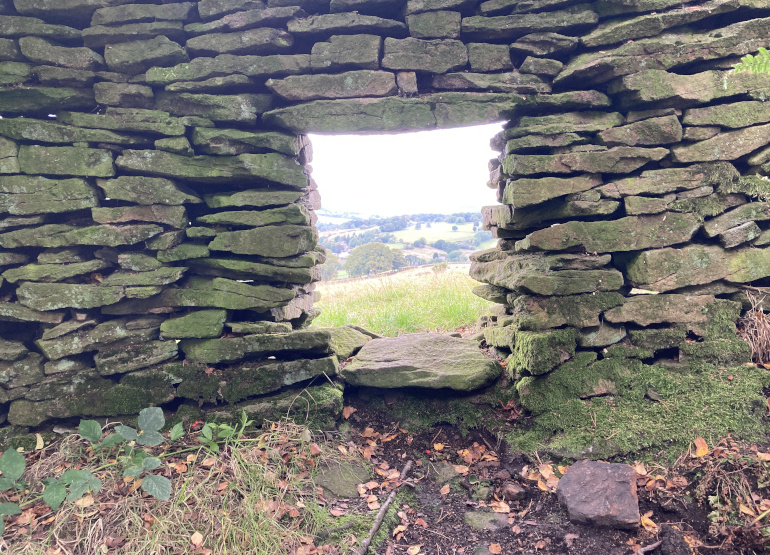 Wednesday 1st November marks the start of
Wednesday 1st November marks the start of 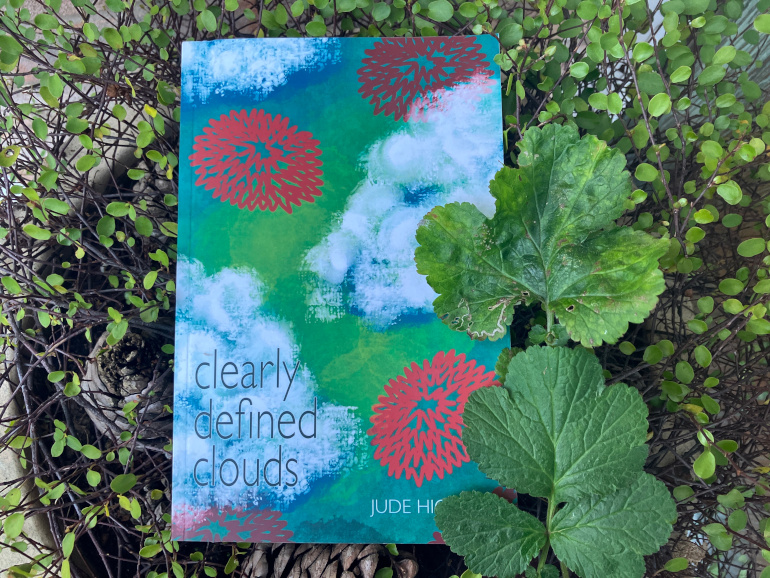
 I’m looking forward to a few weekends jam-packed with literary hi-jinks.
I’m looking forward to a few weekends jam-packed with literary hi-jinks.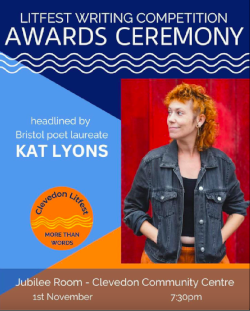 To announce the winners Clevedon LitFest Writing Competitions, there’ll be an inspiring evening of celebrations and performances. As one of the judges for the short story entries, I can’t wait to meet the writers of the 1st, 2nd, and 3rd award-winning stories, and the writer of the highly commended story.
To announce the winners Clevedon LitFest Writing Competitions, there’ll be an inspiring evening of celebrations and performances. As one of the judges for the short story entries, I can’t wait to meet the writers of the 1st, 2nd, and 3rd award-winning stories, and the writer of the highly commended story.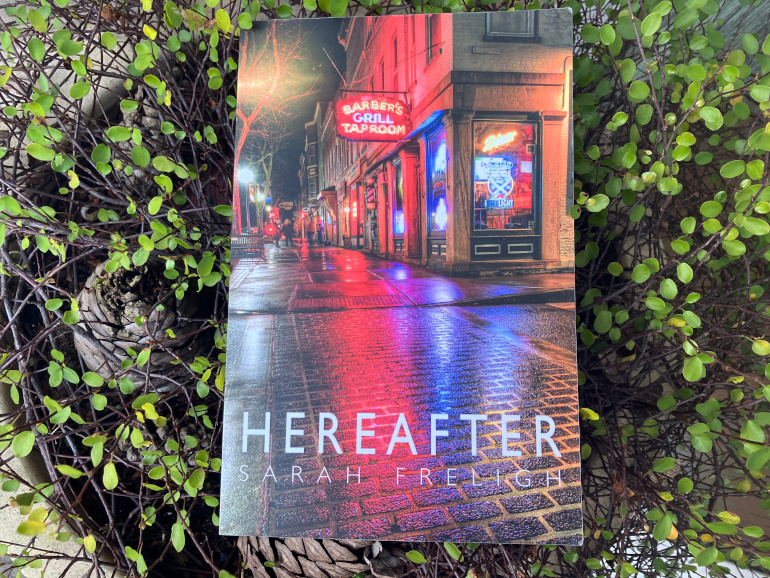 When our world has been shattered by loss, how do we carry on? Author Sarah Freligh asks this question, and countless others, in the stormy pages of her novella-in-flash.
When our world has been shattered by loss, how do we carry on? Author Sarah Freligh asks this question, and countless others, in the stormy pages of her novella-in-flash. The
The 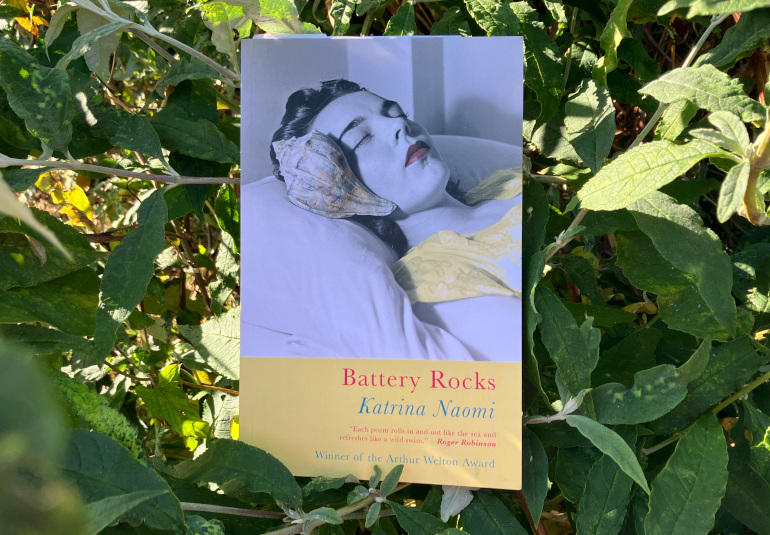 In this impressively immersive collection, the sea is a force to be reckoned with like a tempestuous lover who will as soon cradle you in her arms as dash you against the closest rocks. Poet Katrina Naomi sets this theme from the first line of Fickle Lover: “Ours is not a relationship of equals.” and later: “You are always on display.” Not only a lover, then, but an unpredictable, narcissistic lover who will always, always put their own needs before yours, because yours barely surface in their awareness, if at all.
In this impressively immersive collection, the sea is a force to be reckoned with like a tempestuous lover who will as soon cradle you in her arms as dash you against the closest rocks. Poet Katrina Naomi sets this theme from the first line of Fickle Lover: “Ours is not a relationship of equals.” and later: “You are always on display.” Not only a lover, then, but an unpredictable, narcissistic lover who will always, always put their own needs before yours, because yours barely surface in their awareness, if at all.